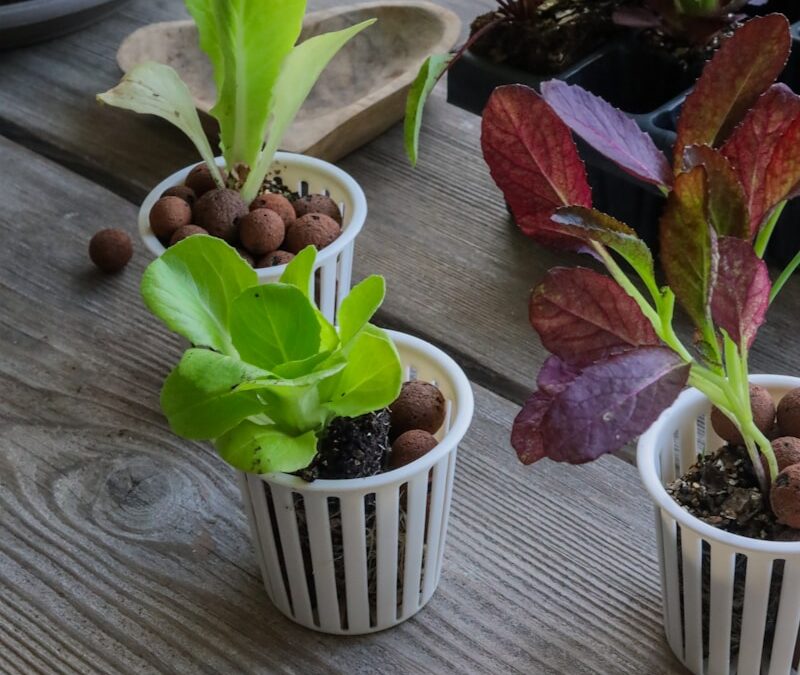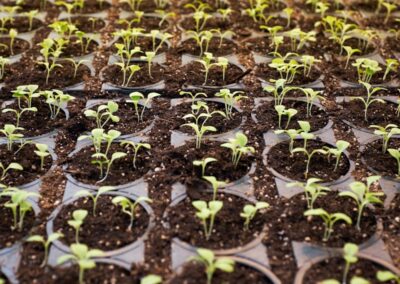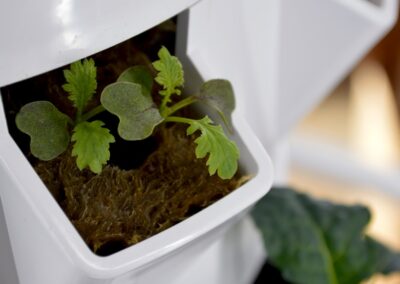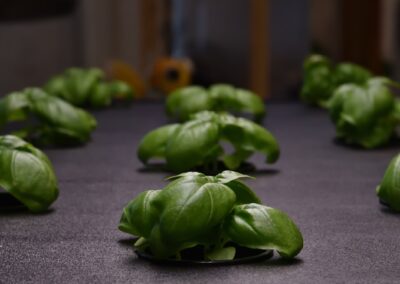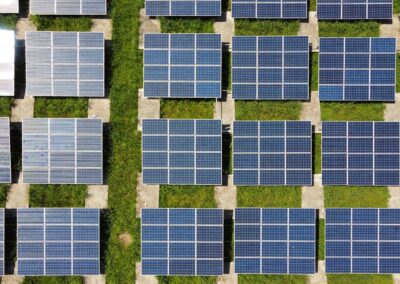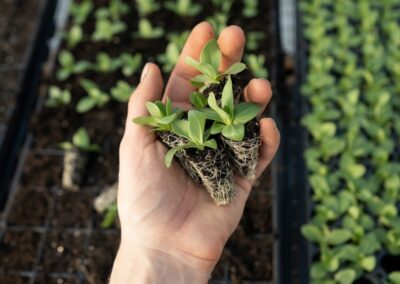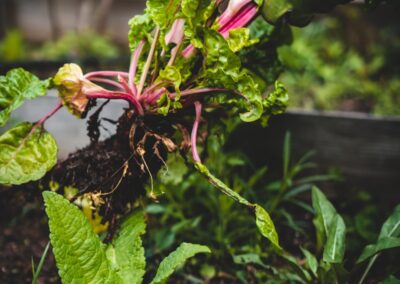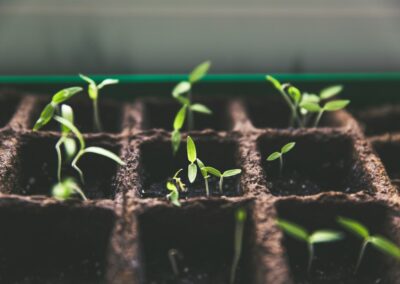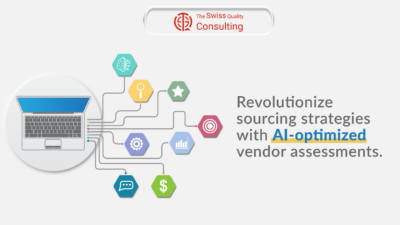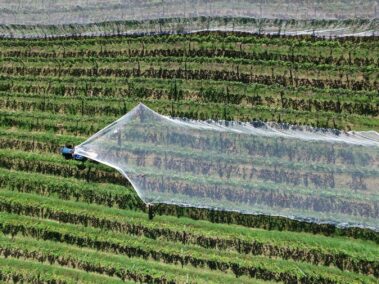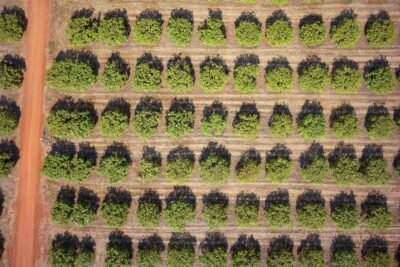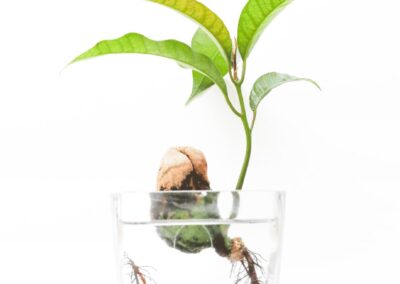Maximizing Crop Yields with Hydroponic Technology
Precision Nutrient Control for Superior Growth
Hydroponic systems represent a groundbreaking advancement in agricultural technology, enabling precise control of nutrient levels to optimize plant growth and maximize crop yields. This innovative approach to farming has significant implications for regions like Saudi Arabia and the UAE, where traditional agricultural practices face challenges due to arid climates and limited water resources. By eliminating the need for soil, hydroponics allows plants to grow in a controlled environment where nutrients are delivered directly to the roots in a water-based solution.
In Saudi Arabia, hydroponic systems have been adopted to address the country’s agricultural limitations. These systems provide a solution to the scarcity of fertile land and water by allowing crops to thrive in a controlled indoor environment. Nutrient solutions can be precisely adjusted to meet the specific needs of each crop, ensuring optimal growth conditions. This method not only conserves water but also reduces the reliance on chemical fertilizers, promoting a more sustainable form of agriculture.
Boosting Efficiency with Advanced Technologies
The integration of advanced technologies such as Artificial Intelligence (AI) and the Internet of Things (IoT) into hydroponic systems further enhances their efficiency and productivity. AI algorithms analyze data from sensors within the hydroponic environment to optimize nutrient delivery, monitor plant health, and predict crop yields. This data-driven approach ensures that plants receive the ideal conditions for growth, leading to higher yields and better resource management.
In Riyadh, hydroponic farms are leveraging AI technology to achieve precise control over growing conditions. Sensors provide real-time data on factors such as light, temperature, and humidity, allowing AI systems to make instant adjustments. This ensures that plants are always in the optimal environment, maximizing productivity and minimizing resource use. The use of IoT devices allows farmers to remotely monitor and control their hydroponic systems, ensuring consistent and efficient operation.
Enhancing Sustainability and Food Security
Hydroponic systems contribute significantly to sustainability and food security, particularly in regions with challenging growing conditions. By using up to 90% less water than traditional soil-based farming, hydroponics conserves this precious resource and reduces the environmental impact of agriculture. This is especially important in arid regions like Saudi Arabia and the UAE, where water scarcity is a critical issue.
The ability to produce crops year-round in controlled environments means that hydroponic farms can provide a steady supply of fresh produce regardless of seasonal changes. This reduces the reliance on imports and enhances local food security. In Dubai, hydroponic farms are being integrated into urban planning initiatives, transforming the cityscape and ensuring that residents have access to fresh, locally grown food. This approach not only supports public health but also promotes economic resilience by creating new business opportunities and jobs in the agricultural sector.
Driving Change through Executive Coaching and Effective Communication
The successful implementation of hydroponic systems in developing regions requires strong leadership and effective communication. Executive coaching services play a crucial role in equipping agricultural leaders with the skills needed to manage change and drive innovation. By fostering a culture of continuous improvement and learning, executive coaches help leaders navigate the complexities of adopting new technologies and practices.
Effective communication is essential for gaining buy-in from stakeholders and ensuring the successful integration of hydroponic systems. In regions like Saudi Arabia and the UAE, where traditional farming methods are deeply ingrained, clear and persuasive communication can help overcome resistance to change. By highlighting the benefits of hydroponics, such as increased yields, water conservation, and enhanced food security, leaders can build support for these innovative farming practices.
#HydroponicSystems #OptimizedPlantGrowth #CropYields #SaudiArabia #UAE #Riyadh #Dubai #ChangeManagement #ExecutiveCoaching #EffectiveCommunication #BusinessSuccess #ManagementConsulting #ArtificialIntelligence #Blockchain #TheMetaverse #GenerativeAI #LeadershipSkills #ManagementSkills #ProjectManagement

